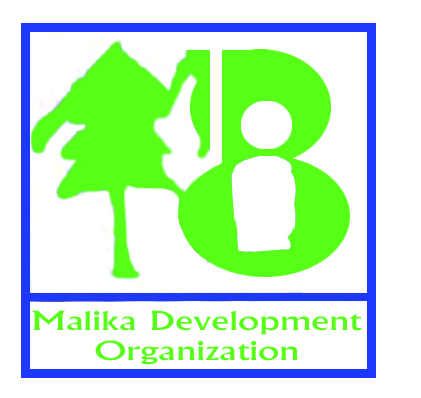
Replicating SUSASAN Pathshala in MDO-Nepal works
Reported by:
Ratan Bahadur Rawal, DPC, MDO-Nepal Achham
Location: Achham
The local
elections in Nepal were held between May-September 2017 in three phases. With
the technical and financial support of CECI Nepal/GAC, Malika Development
Organization Nepal (MDO-Nepal) started the SUSASAN project right after these
local level elections. The start of the project was at a very crucial time. The
timing was crucial because the newly constituted 753 local
governments (LG) had to function out of scratch. The LGs did not have any rules
and regulations, laws as such to operate. They were already facing problems to
perform their duties. There were confusions over citizens’ meaningful participation
in the planning and implementation process. Citizens lacked knowledge of their
rights including right to information.
Due to the lack
of meaningful participation of citizen at local level planning process the LGs
operational processes were not effective. In a situation where civic education
is so important, there were no mechanism to develop the capacity of the
citizens. In such circumstances, in 2017 MDO-Nepal commenced SUSASAN project, supported by CECI Nepal/GAC in Sanfebagar
municipality and Bannigadhi Jayagadh Rural Municipality. In addition to developing the capacity of the
two LGs, MDO-Nepal works with Civil Society Organizations (CSO) of the two LGs.
Through training and awareness campaigns the project envisioned to promote civic
participation in governance and accountability mechanisms. The actions supported
LGs on issues of leadership and capacity development of citizens, enhancing
meaningful participation of women and marginalized communities at all levels.
Training and
awareness raising sessions for DCSOs/other CSOs to promote civic participation
in governance and accountability mechanisms.
In order to
aware and educate the citizens on their rights, functionality of LGs,
accountability mechanisms and importance of citizens’ meaningful participation
in LG governance; SUSASAN Pathshalas’ (Citizen School) were introduced at
community levels.
Through SUSASAN Pathshala the participants were trained on the components of
good governance. Participants exchanged shared experiences, knowledge and
skills among themselves. In total 838 females and 701 males of the two LGs
benefitted from these SUSASAN Pathsala. The Pathsals’ are facilitated by
project trained Facilitators, who belong to the same community.
Realizing same
needs in other LGs, MDO-Nepal with some modifications replicated the SUSASAN
Pathsala modality to promote civic participation in governance and
accountability mechanisms. MDO-Nepal renamed the Pathsala as Good Governance
School (GGS) and introduced it in three LGs of the PARIWARTAN project supported
by DCA/European Union. This project started in February 2019 and focuses on participation, inclusion, CSOs' actions
for responsive, transparent and accountable local governance. The three LGs
are Chaurpati, Mangalsen and Pachadewal Binayak. As of September 2020, 997 females and 18 males are
actively participating in the 36 GGSs.
Knowledge of
topics such as meaningful participation, transparency, social accountability
and governance were transferred to the Pathsala participants through simple
effective tools. Tools included mix of theoretical classes, group discussions,
question-answers round, lecturing, games, pictures, debate and contests. Based on SUSASAN learning, MDO-Nepal adjusted
some contents and methodologies and developed a learning manual for GGS.
PARIWARTAN project Social Mobilizer Nirmala Rawal feels that the tools applied
help participants to increase their understanding level. PARIWARTAN Project
Coordinator feels that women and marginalized people are empowered and able to raise
their voices in an organized manner.
This modified
replication of the SUSASAN Pathsala is a good example of how successful models
can contribute to achieve to promote civic participation in governance and
accountability mechanisms (Output 1113) in the communities and LGs.
